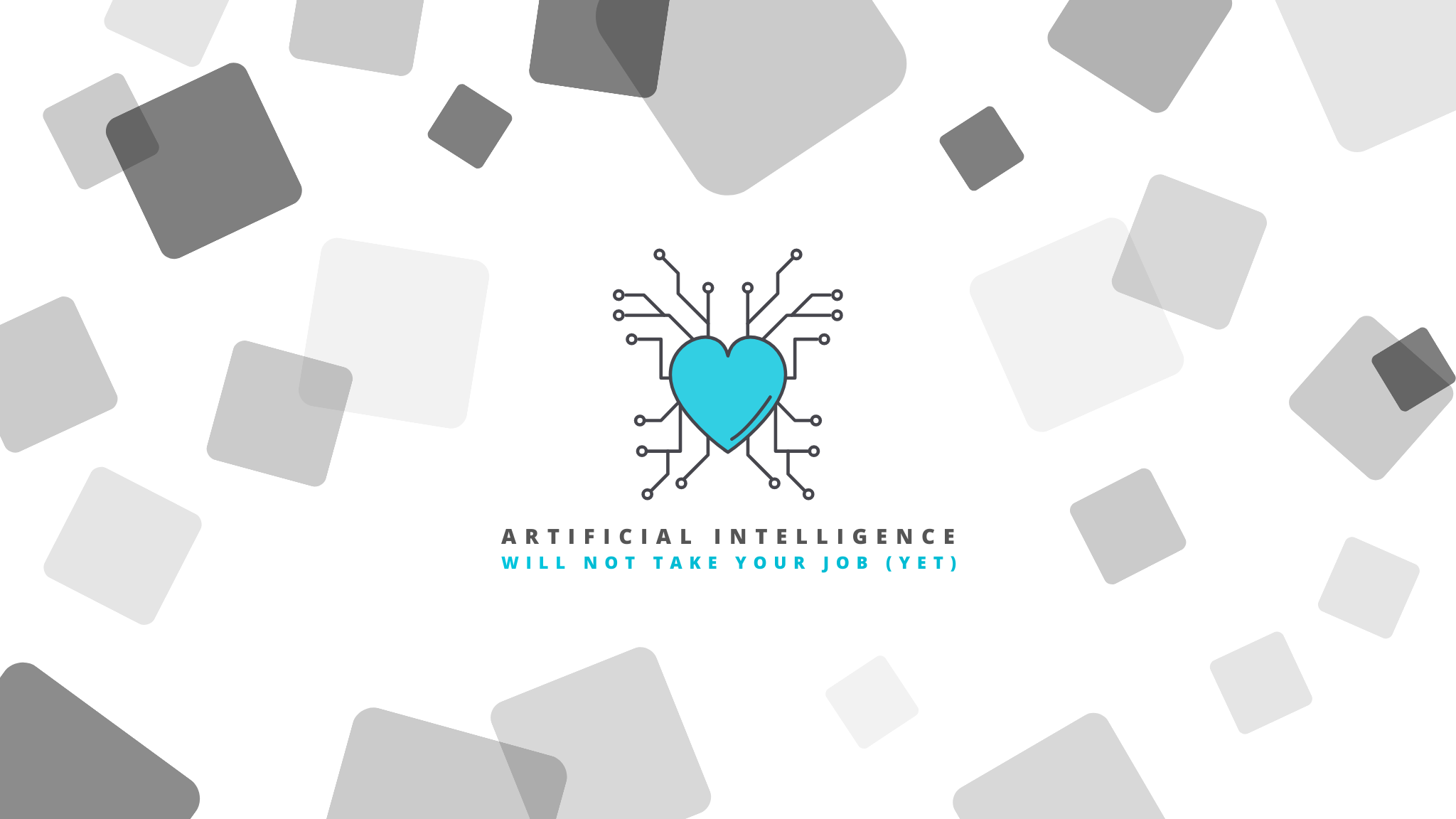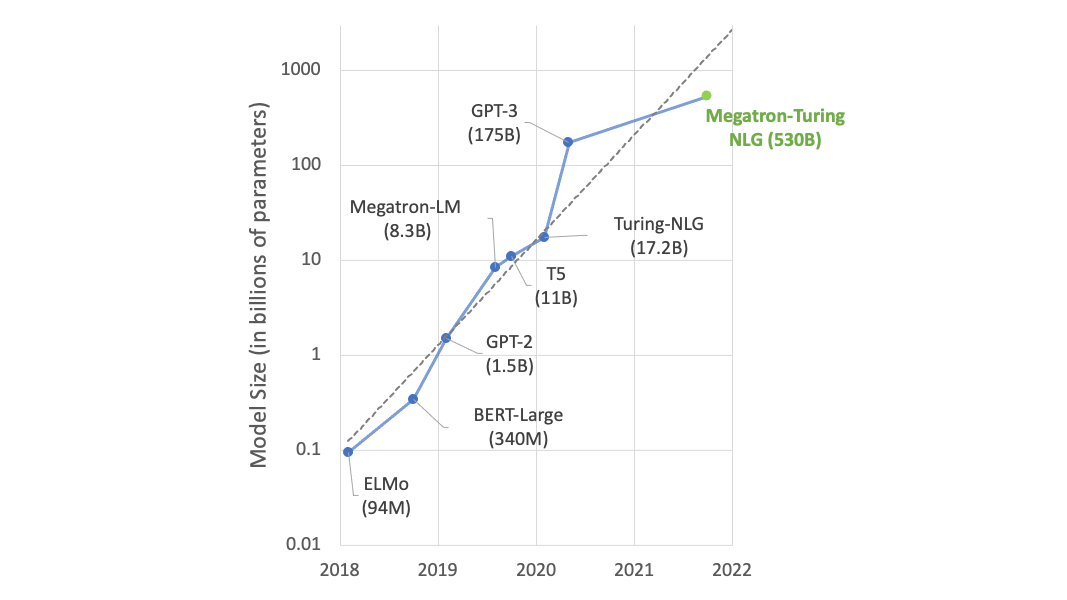Artificial intelligence will not take your job (yet)

Artificial intelligence (AI) is making waves in industries ranging from healthcare to the arts, and it has many people worried about their job security. As machines become smarter and more efficient, the fear is that AI will eventually replace human workers. However, the truth is that AI is not going to take your job in the coming days, and because I'm tired of hearing this statement, I'm going to try to explain why in this blog post.
AI is extremely clumsy
Artificial intelligence at this point is barely at the level of the average high school student in terms of knowledge and reasoning.
One of the biggest misconceptions about AI is that it can do anything and everything better than humans. Many of you will say that in the last few months you have seen AIs that can create images and text, chat with people, analyze situations, and much more, but have you stopped to test these tools?

If you have, you will agree with me that AI is extremely clumsy and error-prone. While it may be able to process large amounts of data quickly and accurately, it often struggles with tasks that humans find easy and makes some completely incorrect statements that would surprise more than a few people, such as saying that 42 is a prime number or drawing hands with 10 fingers.
AI needs human supervision
The reason for these fatal errors is that AI is stupid, it does not know what it is saying, it spits out words, pixels, bits, etc. according to a probability, and when uncertainty is high, probabilistic errors do not take long to appear.
AI is not a replacement for humans, but rather a tool that can augment human capabilities. AI systems require human oversight to ensure that they are accurate, unbiased, and ethical. For example, an AI system designed to screen job applications for a company may inadvertently discriminate against certain candidates. Human oversight is needed to identify and correct these biases.
AI systems will continue to improve and become more sophisticated. As AI continues to evolve, it will become an increasingly important tool for businesses and individuals. It will create new job opportunities and help us be more innovative and efficient.
AI will create new job opportunities
So instead of fearing AI, we should embrace it and use it to our advantage. AI is perfect for getting an initial sketch or design, but it is up to humans to perfect it to create something that others will love.
Thanks to the AI, I was able to create a fantastic drawing (Midjourney) and animate it (Thin-Plate Spline Motion Model) in just a few minutes, despite not having the skills of an expert. Can you imagine the power it would give to someone with real knowledge on the subject?
I think AI will allow people like me to start their projects even if they do not have the full stack of skills needed get started on their own.
As AI frees up workers' time by automating repetitive tasks, they can focus on higher-value work such as innovation and customer service. It's impossible to know what will happen to some positions, but it is most likely that they will evolve or move to other industries, such as developing, maintaining, and improving AI systems, which require skilled workers like data scientists, machine learning engineers, and AI ethicists.
AI is stuck
If you are not familiar with the industry, you will probably be amazed at the statement I just made when week after week something "new" related to AI comes out.
I cannot deny that the proliferation of so many applications makes it seem like progress is being made, but the truth is that many of the models used for these applications are extremely limited, they have been with us for more than five years, and the only difference is that the number of parameters, the amount of processing equipment, and the amount of training data has increased.

I may be wrong, but I personally think that this path is not sustainable. At some point, it will be too costly to continue to increase any of these factors to make it commercially viable, so companies will opt for simpler models like the ones we have today that support workers instead of replacing them.
The Future
In conclusion, while AI is advancing rapidly, it will not take your job. It is still in its infancy and will require human oversight and intervention to ensure accuracy and ethical use. Instead of fearing AI, we should embrace it and use it to our advantage, freeing up workers' time for higher-value work and creating new job opportunities in the development and maintenance of AI systems.
While the future of AI is uncertain, it is clear that it will continue to evolve and be an important tool for businesses and individuals alike. It will gradually acquire new capabilities, and certainly some positions will become obsolete, but I assure you that that future is farther away than many people predict today.

